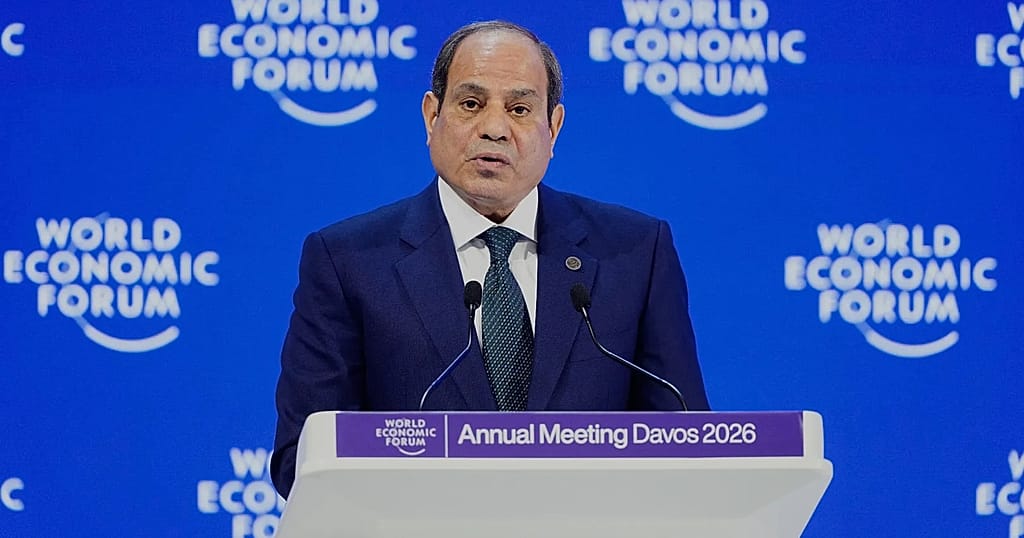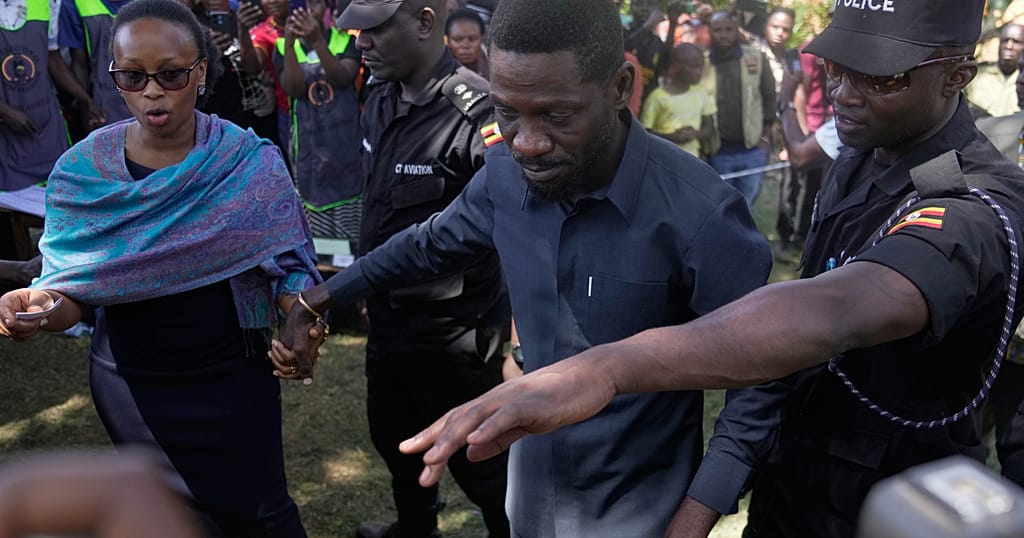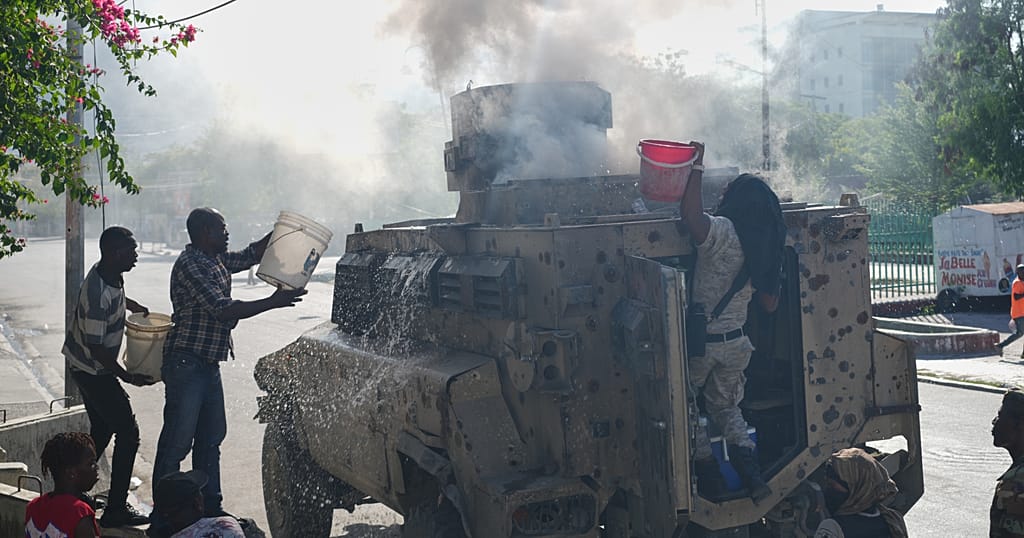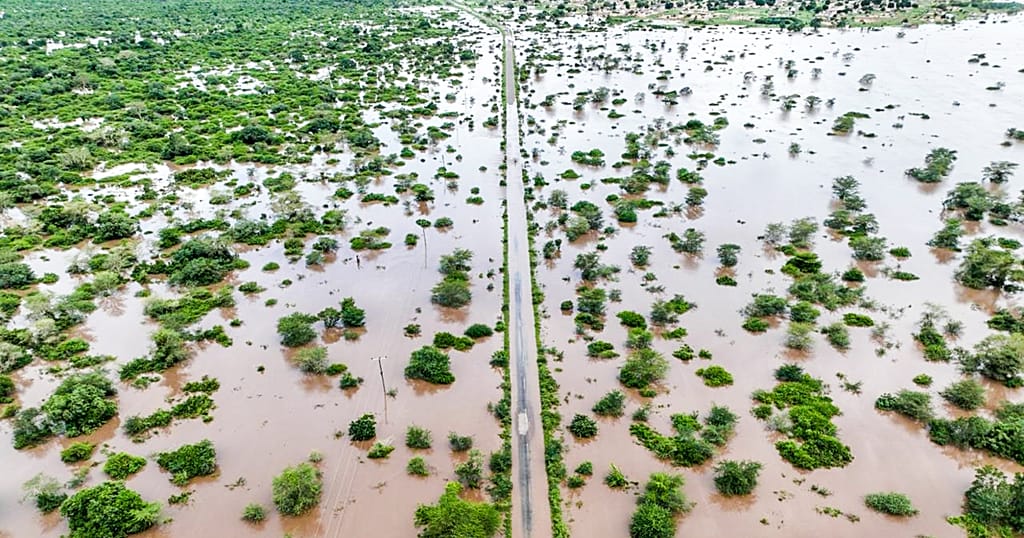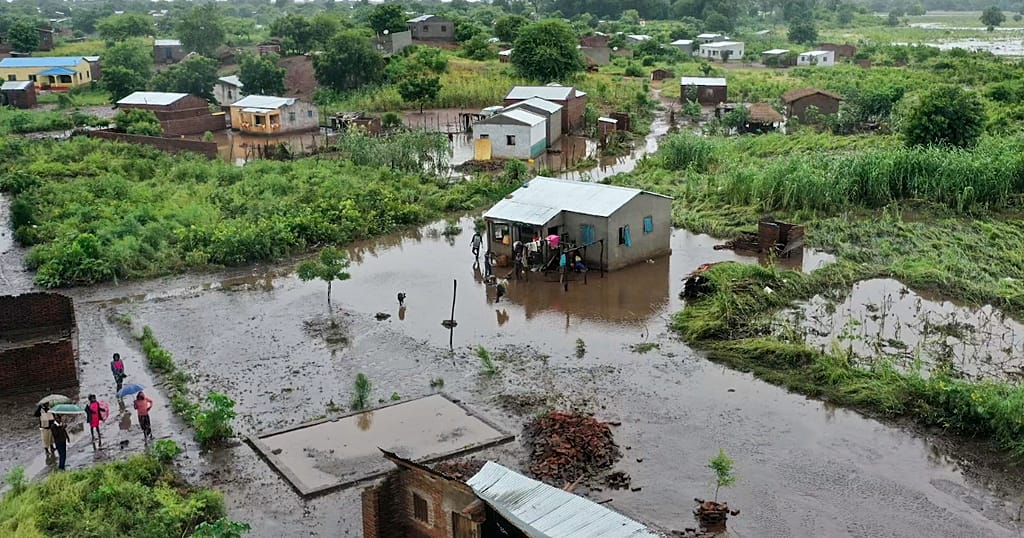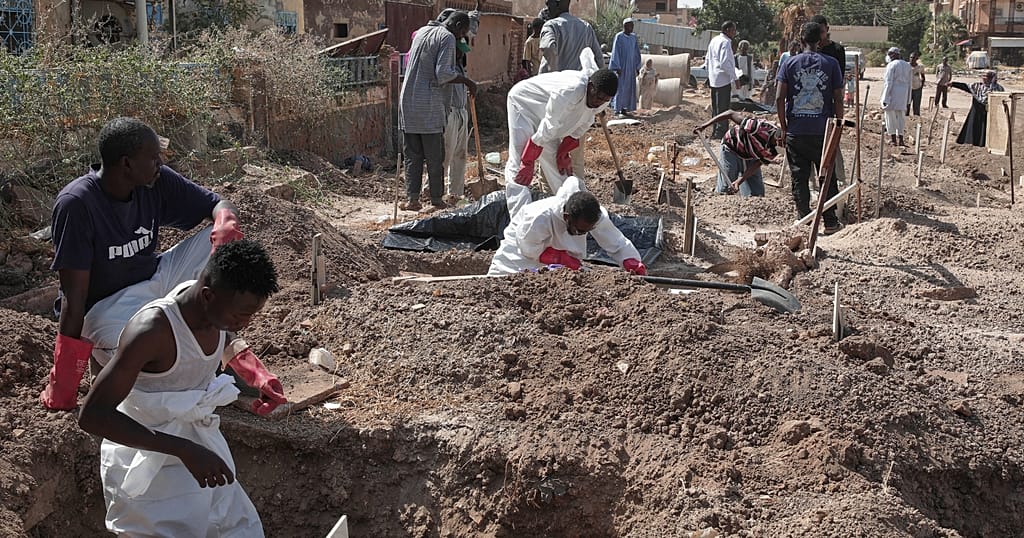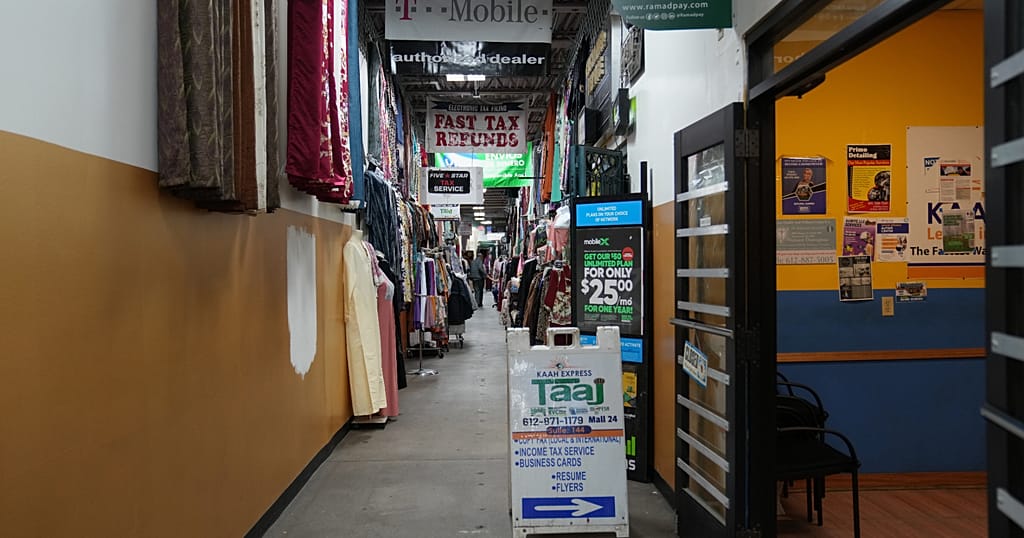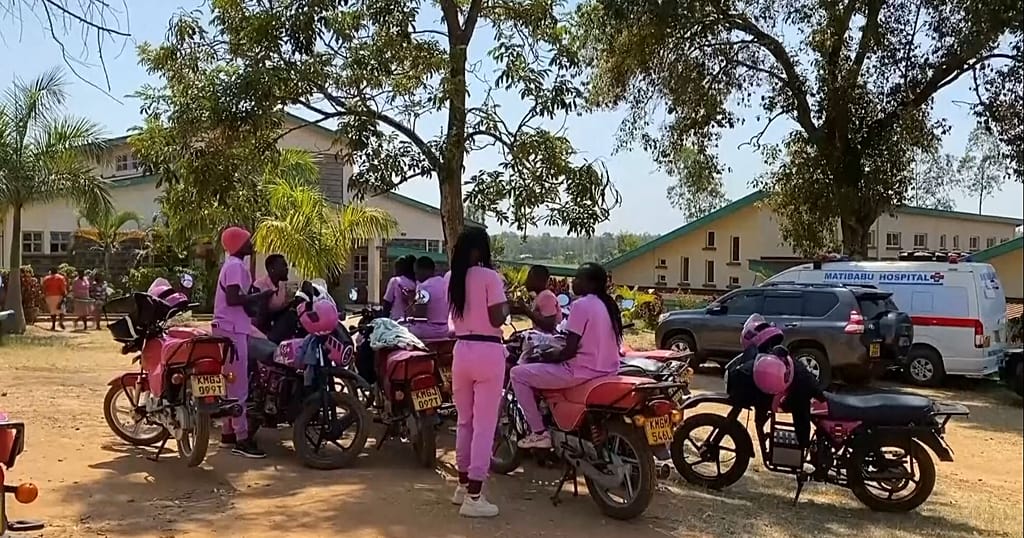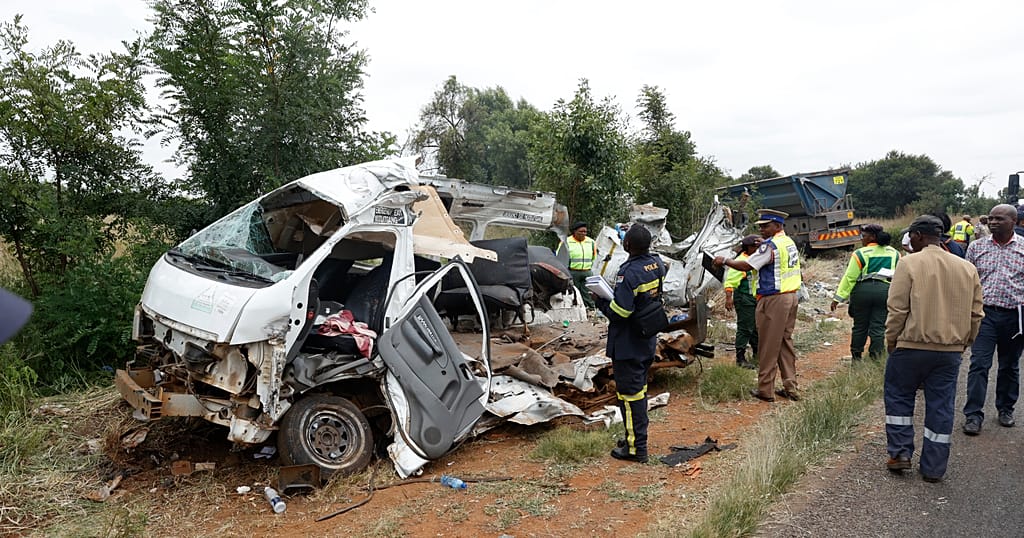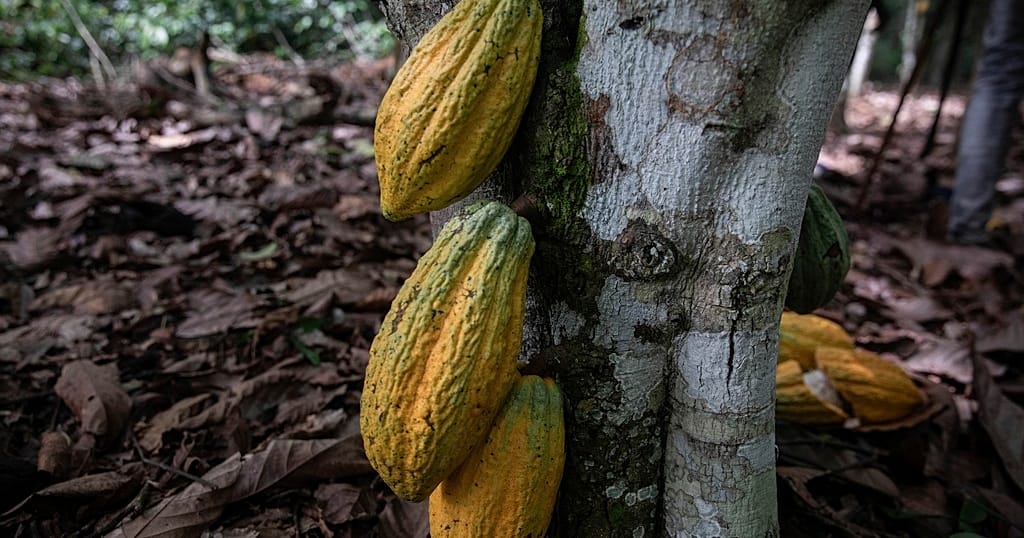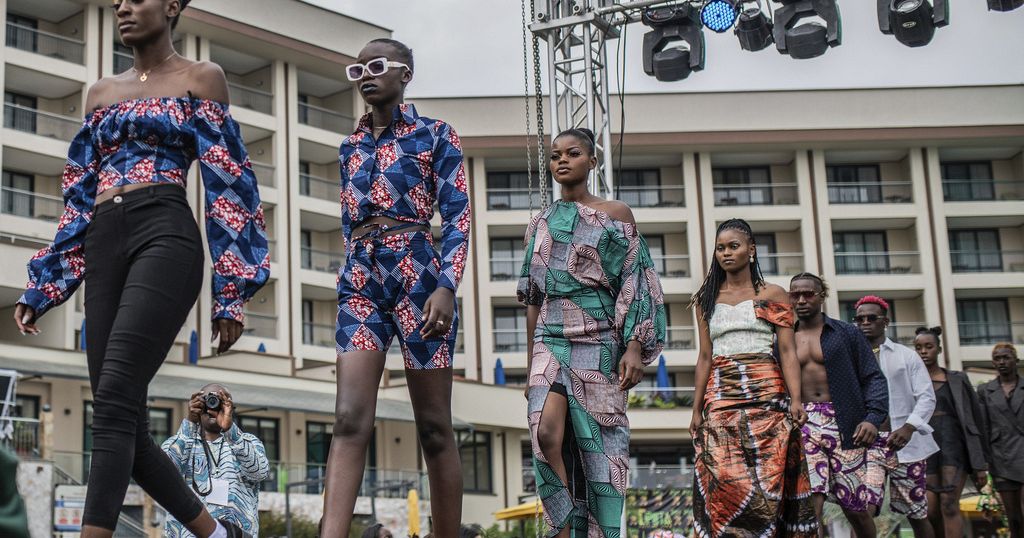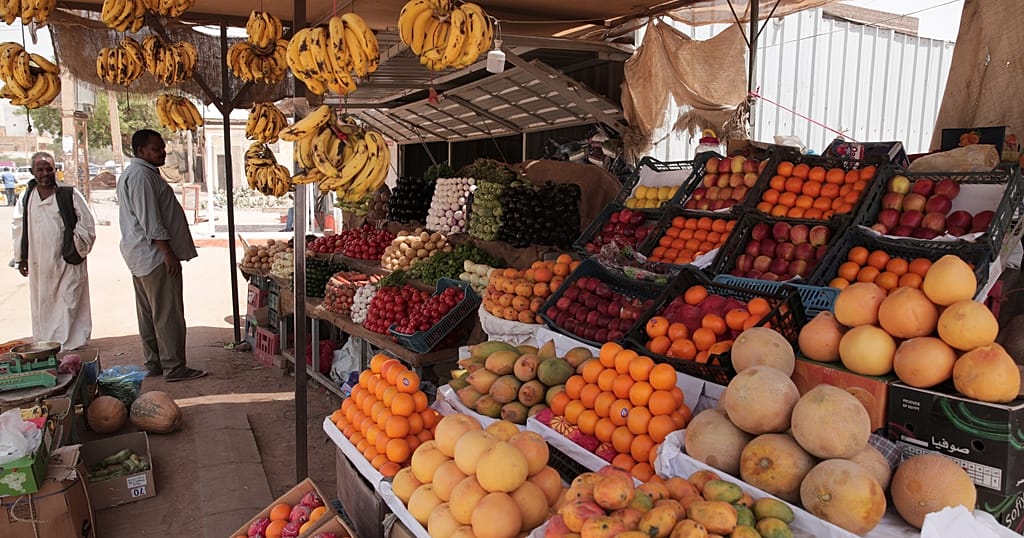Gabonese react to former First lady ‘money laundering’ charges
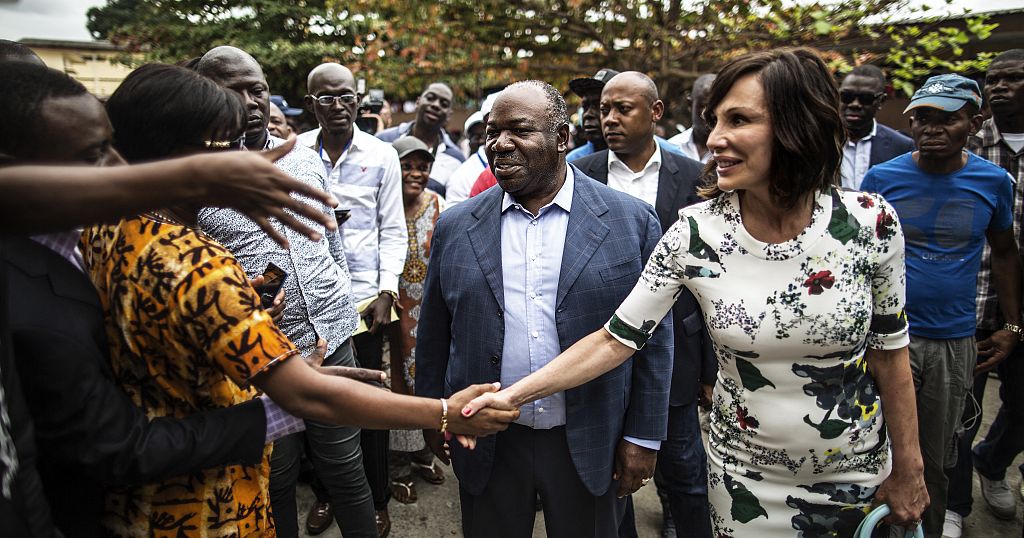
In Libreville, Gabon’s capital residents react as Sylvia Bongo Ondimba Valentin wife of ousted president Ali Bongo Ondimba, is charged with money laundering among other offences, according to the public prosecutor.
Placed under house arrest until further notice, the french-gabonese first lady is also accused of manipulating the head of state with her son Noureddine Bongo.
“She deserves this, because no matter what power you have, you can’t destroy a whole country, and really, justice must do its work, I think that even her husband must be questioned, because it was her husband who brought her here, and it was her husband who gave her the power. Of course, during his illness, they took advantage of doing all sorts of things.”
“It’s true that I don’t know what role first ladies have to play, but Sylvia (Bongo Ondimba Valentin, ed.), well, I can’t see what she’s done for Gabon.”
Noureddine Bongo Valentin is already charged and incarcerated for corruption and embezzlement of public funds, with several former young members of the presidential cabinet and two former ministers.
Following these charges, “Mrs Sylvia Bongo Ondimba Valentin appeared on Thursday, September 28 before the investigating judge who charged her with money laundering, concealment, forgery and use of forgery (…) before a house arrest was ordered”, announced Friday the prosecutor of the Republic of Libreville, André Patrick Roponat.
On the night of August 30, less than an hour after the announcement of the re-election of Ali Bongo Ondimba, the army, citing an obvious fraud, was “ending the regime”, also accused of massive corruption. General Brice Oligui Nguema, leader of the putsch, was proclaimed the day after President of the Transition.
“Bongo Dynasty”
A month later, he remains adored as on the first day of his putsch by the vast majority of the population and the political class, who applaud the military for having “released” them from 55 years of “Bongo dynasty”. Ali was elected in 2009 on the death of his father Omar Bongo Ondimba, who had ruled the country for more than 41 years.
Ali Bongo had been placed under house arrest on the day of the putsch but declared free of his movements a week later. The military seemed to quickly dismiss him considering that he had been “manipulated” notably by his wife and their son Noureddine after a severe stroke in 2018. Since then, Mr. Bongo, whose President Oligui says that he is “free” to go to follow his care abroad, preferred to stay in Gabon at home, according to the new power.
On the very night of the putsch, Noureddine Bongo and several of his young relatives and relatives of the former First Lady in the presidential cabinet had been arrested and shown at the foot of countless trunks, suitcases and bags overflowing banknotes for hundreds of millions of euros seized at their homes.
“House arrest”
Sylvia Bongo Valentin had been placed under house arrest but isolated from her husband. His French lawyers had denounced a “hostage taking” and filed a complaint in Paris for “arbitrary kidnapping”.
“No one is above the law, but the law must be respected for all. What about a justice that keeps people in absolute secrecy for weeks before charging them, without access to a defense?”, one of them, François Zimeray, asked AFP on Friday.
“Investigations are continuing and further arrests and charges are being considered,” Prosecutor Roponat warned.
Noureddine and nine members of the so-called “Young Team”, had finally been charged three weeks after their arrest and six others incarcerated with him for “corruption, embezzlement of public funds, money laundering, criminal association, falsification of the signature of the President of the Republic and disruption of electoral operations”.
Two former ministers (Oil and Public Works), close to Noureddine, were also arrested.
“The First Lady and Noureddine have squandered the power of Ali Bongo,” said General Oligui to the Republican Guard on September 18. Because since his stroke, they forged the president’s signature, they gave orders in his place”, in addition to “money laundering and corruption”. Who ruled the country”, then? He wondered.
Mr. Oligui Nguema summoned the bosses of Gabonese companies or operating in the country, accused of systematically “extra-billing” against retro-commissions paid to senior officials of the fallen power, to “stop these manoeuvres” in the procurement of public contracts.
Gabon is ranked 136th out of 180 for the perception of corruption by Transparency International (2022).
Source: Africanews


